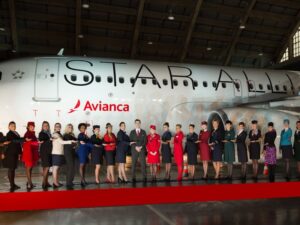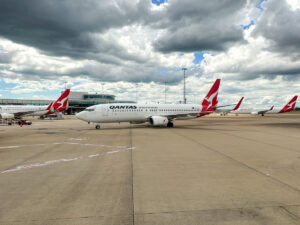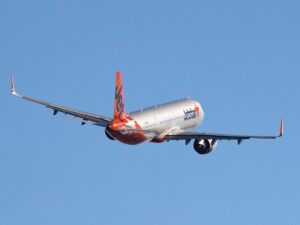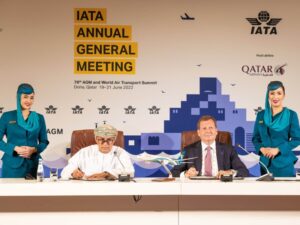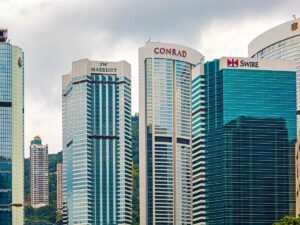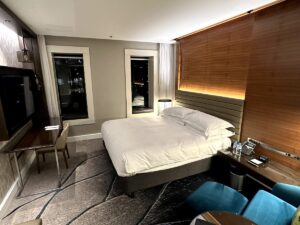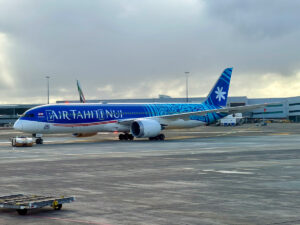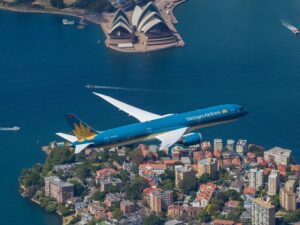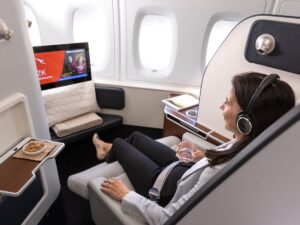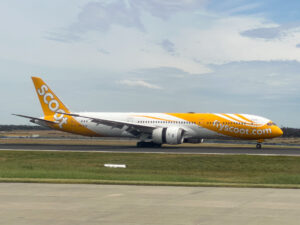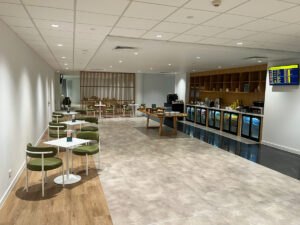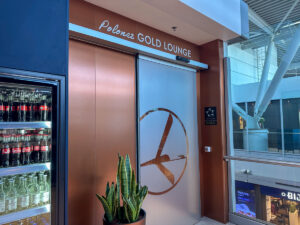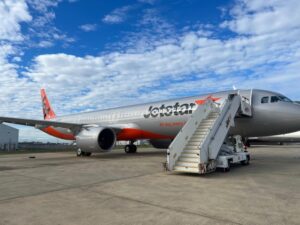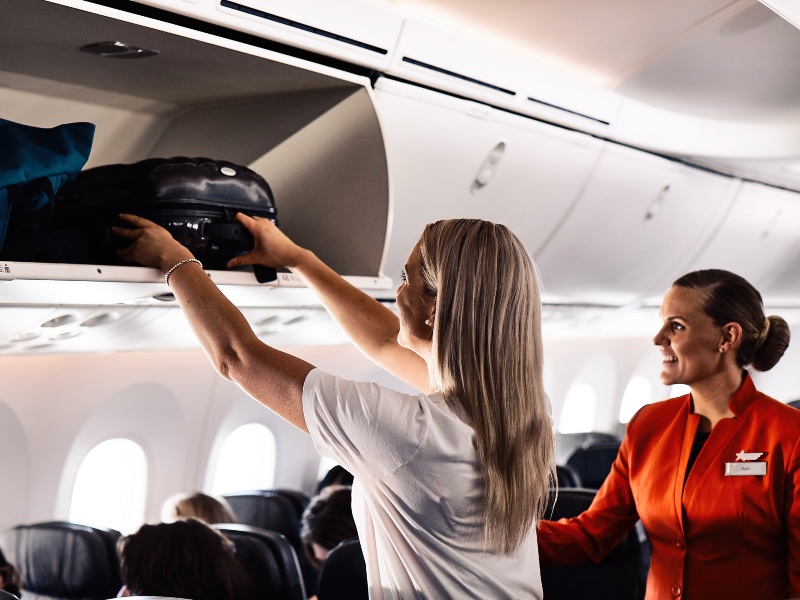
Jetstar has increased the amount of money its earns from add-ons, bundles and fees by a third during the COVID-19 pandemic.
According to the Qantas Group’s financial results, Jetstar’s ancillary revenue increased by 33% in the 2020-21 financial year, compared to the “pre-COVID” 2018-19 financial year. Ancillary revenue refers to the income made from selling extras on top of the base fare, such as checked baggage, food, seat selection and bundles.
Jetstar has always been good at maximising ancillary revenue, which is a crucial part of any low-cost carrier’s business model. But a 33% growth in this revenue stream in just two years is unusually high, even for Jetstar.
One possible reason could be a high uptake in Jetstar’s new “FareCredit” add-on, which gives customers the flexibility to cancel their booking for a credit voucher for any reason. With so much uncertainty surrounding border closures during COVID-19, this has likely been an attractive proposition for many Jetstar customers. Demand for Jetstar’s Plus, Flex and Max bundle add-ons which offer fee-free changes may have also increased during the pandemic.
While Jetstar no longer publicly releases a breakdown of its ancillary revenue, we do know that it made an average of $31.70 per passenger from selling extras in 2013. Since then, ancillary revenue has only continued to grow.
In 2019, Jetstar reported a 8% increase in ancillary revenue compared to 2018, and a 1% increase the year before that.
Jetstar attributed its 8% increase in ancillary revenue in 2019 to numerous initiatives. These included the success of its “Plus 3kg carry-on” product, increased catering options, changes to its bundles, a relaunch of the “manage booking” functionality on the Jetstar website, and growth in the Club Jetstar membership program. The changes to bundles included the introduction of a “Flex” option for business travellers and a reduction in the cost of Max bundles to make them more attractive.
Two years ago, Jetstar said that 73% of all passengers were purchasing at least one add-on product in addition to the base fare, which only includes a seat.
It has previously been reported that extra charges make up almost a quarter of Jetstar’s overall revenue.


